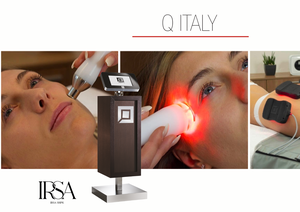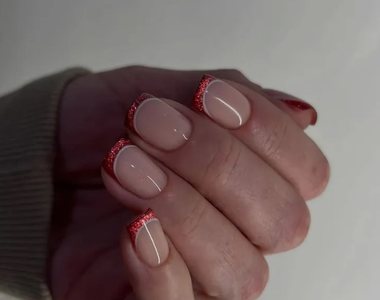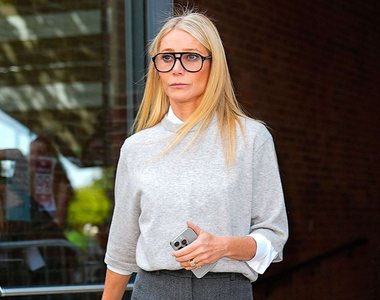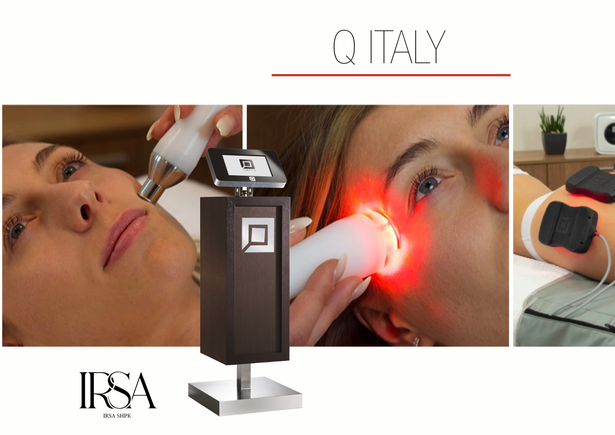
We all know that stress is an undeniable factor in people's lives, which affects many aspects from mental health to physical health, but also to hair loss as a process. When it comes to the latter, stress is the second biggest cause of hair loss, after the genetic factor.
How does stress affect hair?
Constant stress causes the follicles to be under pressure and this prevents the phase of hair growth or the phase of their rest. In addition to hair loss, there is also the emergence of gray hair or their frequent breakage or changes in structure. Stress can affect the production of hormones and nutrients needed for healthy hair growth. This condition then leads to dry, brittle or brittle hair.
How to deal with hair loss?
Given the emotional impact hair has on everything, it's no wonder that losing it can cause problems for people. "Hair loss can have emotional consequences, often affecting people's self-esteem and confidence," says Hannah Gaboardi, trichologist. This leads to withdrawal from social activities, anxiety and constant worry.
Fortunately, stress-related hair loss is temporary, especially when it is also influenced by lifestyle changes. A few new habits, a rich food diet, the right hair treatment products, all influence a healthy scalp, as they promote the suitable ground for their growth. To avoid irritating your hair follicles, don't wash your hair frequently because it strips the scalp of its natural oils, which then leads to dryness and irritation. Also, products from shampoos to conditioners with sodium sulfate that affects the hair follicles by damaging them.
Suggested Articles:
- How argan oil helps in hair growth and shine
- 5 hair colors to consider this spring
- 4 beauty trends you should keep in mind this season
- What you need to know about hair loss after pregnancy
- 8 factors of hair loss in women that are not related to age
- What experts say about the effect of shampoos on hair growth
- TikTok advises you to train your hair, but how and why?
Source: Vogue







